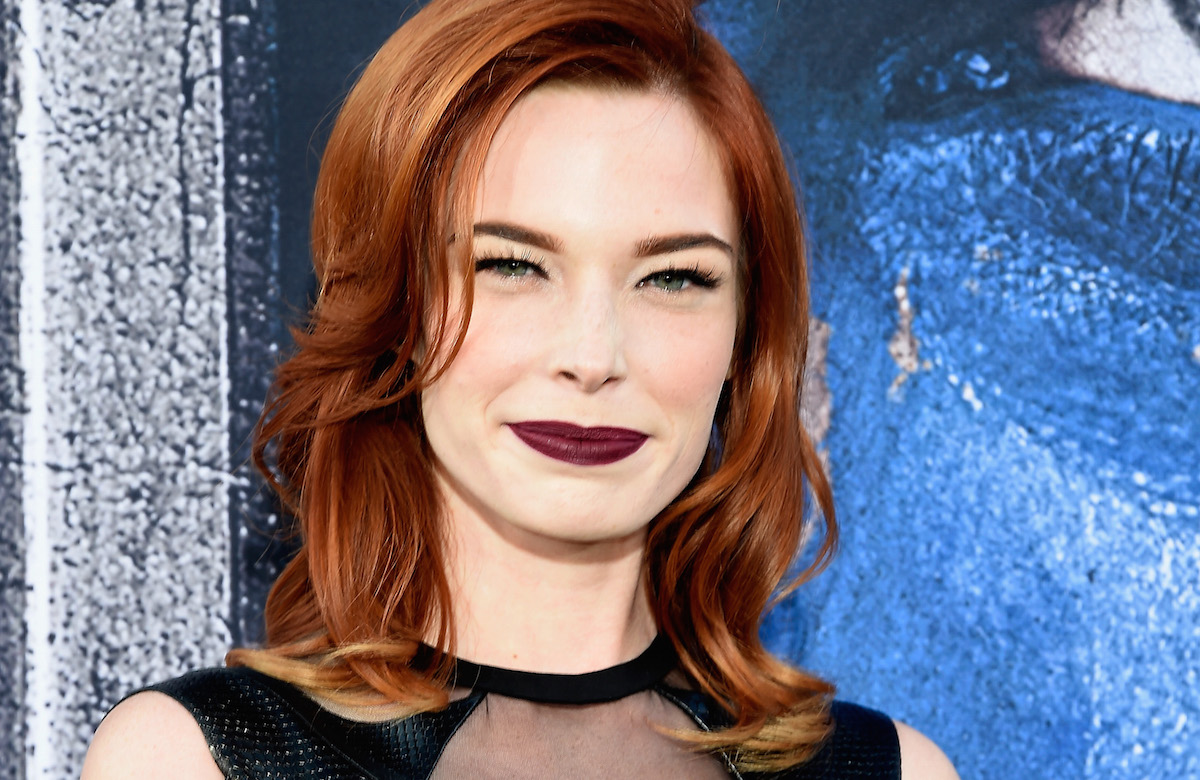Chloe Dykstra Opens Up About Dealing With Harassers Online After Posting Her Essay

In the age of the internet, time is a flat circle. Things that happened months ago seem like an eternity, and even though it has not even been a full year since the modern incarnation of #MeToo has started, with all the accusations and cases that have come to light due to its influence, it seems like such a powerful moment in our history.
That is, until you take a step back and realize how little has been done for the women who have come forward. Billy Cosby and Harvey Weinstein are the only two men from the #MeToo era to face any serious legal issues for their actions. Only Cosby has been convicted, and it took two trials to do so.
For the most part, what #MeToo has highlighted, at least to me, is the level of distrust that exists for men towards women, and the ways in which corporations will protect themselves first and people later. Of all the cases we have seen, the two that have left me with the deepest feelings of disbelief at the reaction are the stories of Chloe Dykstra and Olivia Munn.
In her first interview since releasing her essay on Medium, accusing former partner Chris Hardwick of abuse, rape, and other sexual misconduct (note: in the piece itself, she did not name Hardwick, but it was figured out by the public), Chloe Dykstra spoke to Time about her reaction after the article’s release.
“I opened trending and saw my face,” she says to Time, going back to the morning after she posted it online. “It was the most terrifying thing I have ever experienced. I was just like, ‘No, no, no.’” Dykstra mentions that at first, the response to her essay was very positive and supportive, but like most things on the internet, it was quickly turned into attacks against her.
“I was attacked relentlessly,” she said. “There was an organized group of people online whose sole purpose was to try to disprove me. I was terrified people were going to figure out where I lived.”
It got so bad that Dykstra admits that she “considered ending it,” because although we say that we want victims to come forward “you can’t really Google, ‘How to handle being an accuser?'” It was such a massive amount of backlash that when the news came that Hardwick had been reinstated at his Talking Dead job, she found herself being relieved.
“I knew [the online harassment] wasn’t going to stop until he was reinstated.”
When it came out that AMC did an “internal investigation” and found nothing, I expected that it was because (a) Hardwick did not do these things to employees, and therefore it wouldn’t fall under their jurisdiction, and (b) Dykstra did not participate. Dykstra would eventually come out and say that she did not participate in the investigation, because it wasn’t a real legal investigation, and she didn’t want to put herself in that position.
This little bit of self-care, combined with the response of Hardwick’s current and previous partners saying that it is not something in they experienced with him, caused many people to dismiss what Dykstra said as “a bad relationship, but not abuse.”
The situation is still ongoing with Olivia Munn, who called out Steven Wilder Striegel, who was cast in The Predator by his friend, director Shane Black, as a guy who hits on Munn‘s character in the movie. People have decided that they suddenly care about the right of people convicted of sex crimes against teenagers and used his opportunity to ask, “What about him? Hasn’t he paid his debt to society?” Some even tried to make it seem like Olivia Munn was “acting like she was a victim.”
Never mind that the actual victim of Striegel thanked Olivia Munn for speaking up for her, despite being strangers to each other, and that Munn has not only been dealing with men’s bullshit since the beginning of her career, but last year she spoke up against being harassed by Brett Ratner, who she said masturbated in front of her and claimed to have slept with her during a 2011 TV appearance. Munn was one of six women to speak up against Ratner. So yes, maybe she did take this personally, because she’s been personally affected by this kind of behavior.
The silence breakers have spoken up, but they have mostly been ignored, despite how prominent the movement is in the news. Women and men may feel more confident to speak up about sexual harassment they have experienced, but it doesn’t mean they will see anything come of that and it also means opening themselves up further to abuse.
Just the other night, I was listening to Slate’s Political Gabfest podcast and had to listen to lawyer David French mansplain to Emily Bazelon how memories work and why victim testimony can be considered “fuzzy” when talking about rape allegations, even though Emily Bazelon is not only a fellow lawyer, but also a survivor herself.
The reaction in response to the #MeToo movement has only taught me that people think women are stupid, that we are vindictive, and that we don’t understand nuance. Even in a case where a grown man tries to sexually manipulate a teenager, still, people ask, “What about the guy?” That is still our world, and nothing yet has changed that.
(via THR, image: Frazer Harrison/Getty Images)
Want more stories like this? Become a subscriber and support the site!
—The Mary Sue has a strict comment policy that forbids, but is not limited to, personal insults toward anyone, hate speech, and trolling.—
Have a tip we should know? tips@themarysue.com